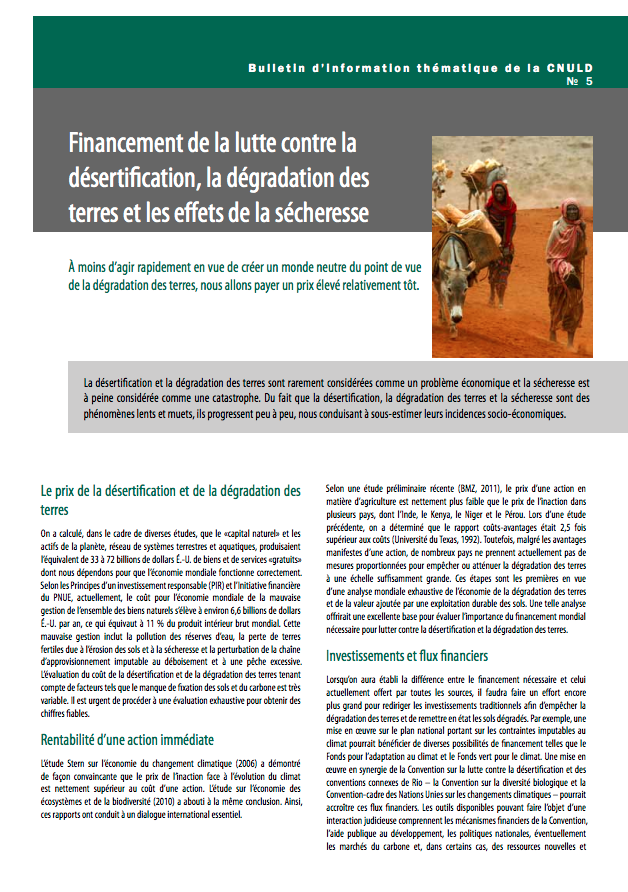Clean Energy for Development Investment Framework : Progress Report on the World Bank Group Action Plan
During the 2007 spring meetings, the
development committee endorsed the World Bank Group's
action plan on the Clean Energy Investment Framework (CEIF).
This progress report is a response to the committee's
request for an update on the implementation of the action
plan for the annual meetings in October 2007. It summarizes
accomplishments in the three areas of the action plan: 1)
energy for growth, with a particular emphasis on access to









